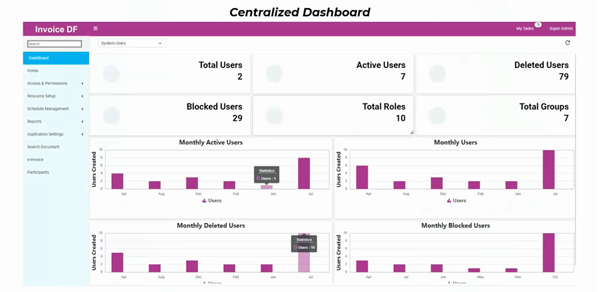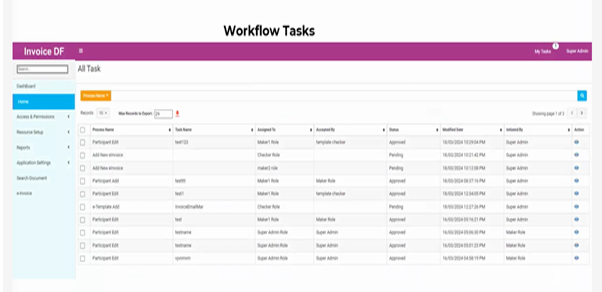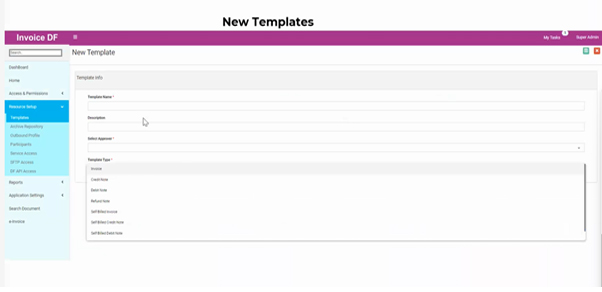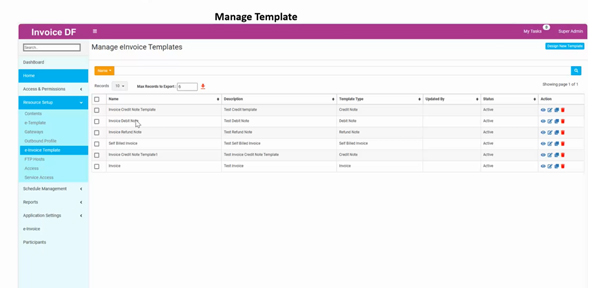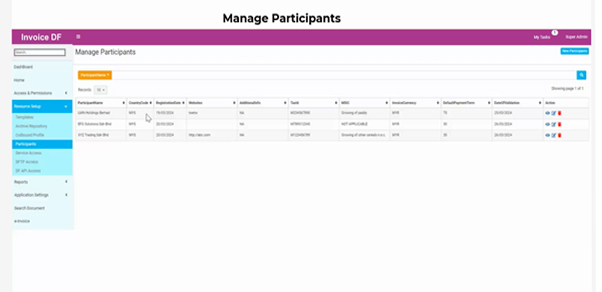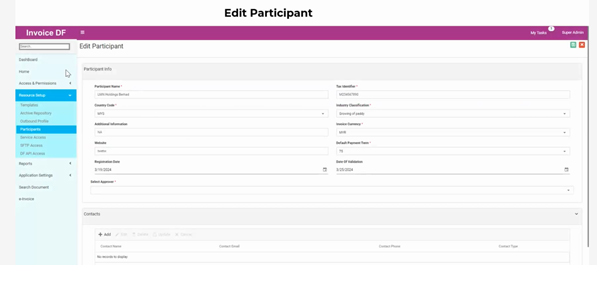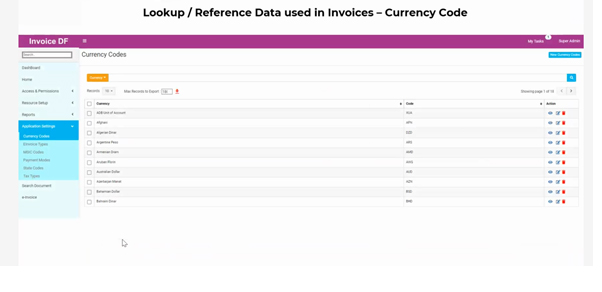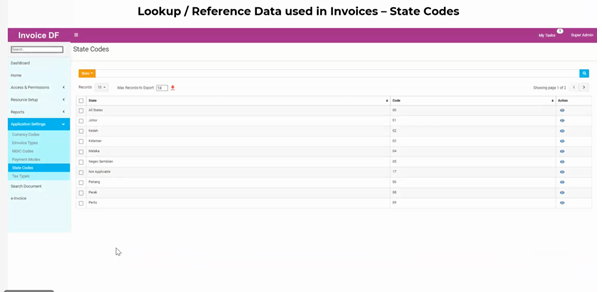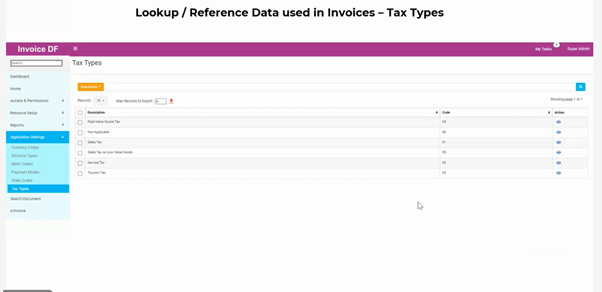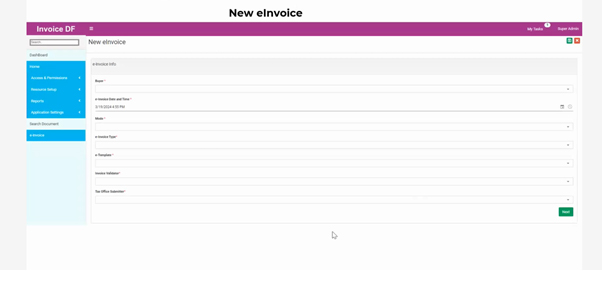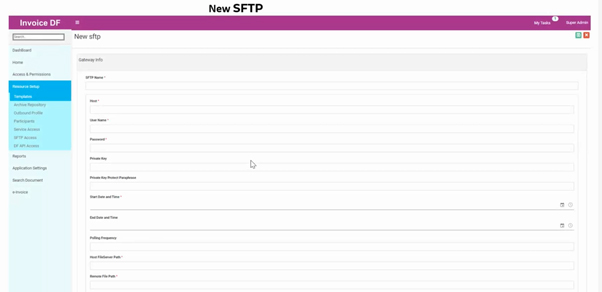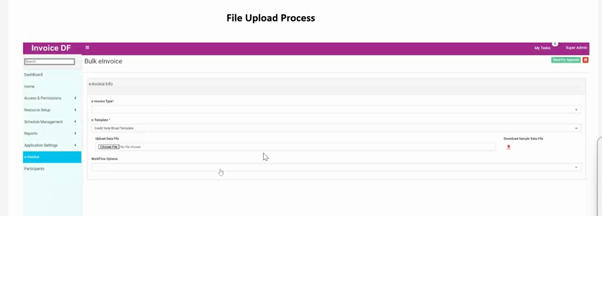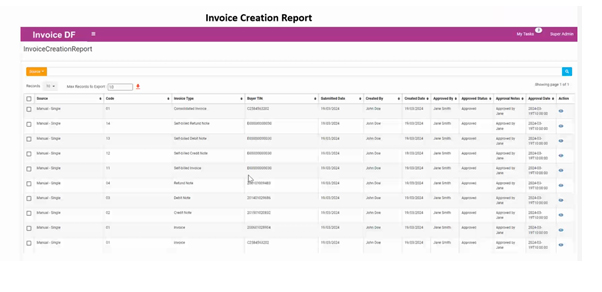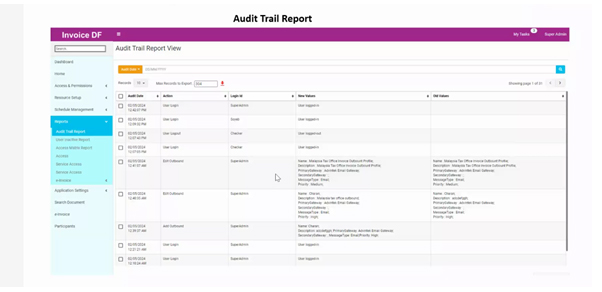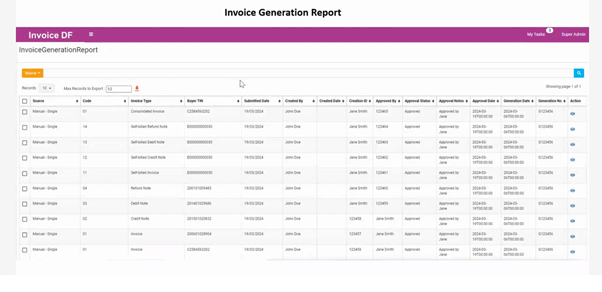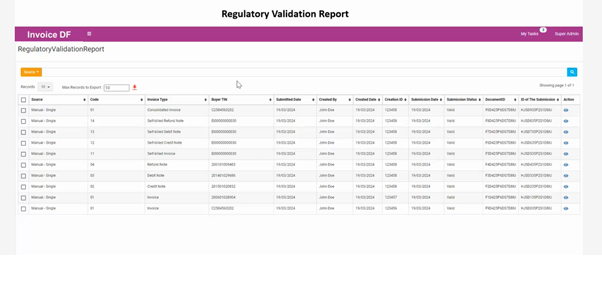
Back Ground of
e-Invoicing
Malaysia is a rapidly developing economy with a growing number of businesses engaged in cross-border trade. Traditional paper-based invoicing processes often result in delays, errors, and increased administrative costs. Implementing an e-invoicing system can significantly enhance the country's competitiveness by simplifying invoicing processes and reducing the compliance burden on businesses.
Following the Inland Revenue Board of Malaysia’s ("IRBM") announcement in May 2023 on the implementation of e-Invoicing in 2024, the IRBM has on 6 April 2024 issued updated e-Invoice Guidelines (Version 2.3), Specific Guidelines (Version 2.1) and SDK (Version 1.0) on their website.
The implementation of e-Invoicing is intended to support Malaysia’s digital economy growth and to enhance the efficiency of Malaysia’s tax administration. e-Invoices will replace the traditional paper-based invoices which will enhance the efficiency in recording financial transactions and facilitate real time data collection.
To support the growth of the digital economy, the Government shall implement e-Invoice in stages, in an effort to enhance the efficiency of Malaysia’s tax administration management.


